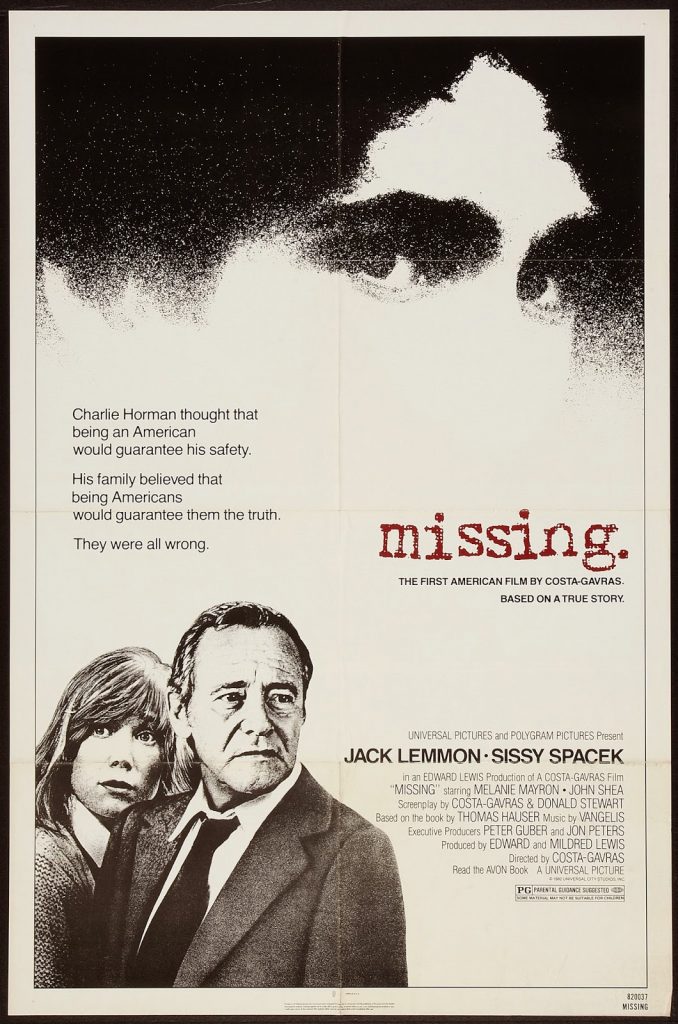Françoise Bonnot
1939 – 2018

Françoise Bonnot, with forty-eight film credits, was the daughter of Monique Bonnot, who edited many films for Jean-Pierre Melville. Her first credit was as the assistant to her mother on his Two Men in Manhattan. When her mother became unavailable, Bonnot edited his Army of Shadows. In 1968, she began her thirty-year eight film collaboration with Costa-Gavras. The first was Z. Bonnot won an Oscar for Z and a BAFTA for Missing. She also edited Polanski’s The Tenant and worked with Julie Taymor on films such as Frida and The Tempest.
 “Americans say that the writer is the first editor, and the editor is the last writer. This is an apt formulation. You have to intentionally (re)organize the images to extract their essence, to expose the meaning. That’s where everything gets complicated: if a word betrays you, you can always replace it. But an image is fixed on the film reel, it is irreplaceable. One must then manipulate it, weave it, cut it, rethink it, etc.”
“Americans say that the writer is the first editor, and the editor is the last writer. This is an apt formulation. You have to intentionally (re)organize the images to extract their essence, to expose the meaning. That’s where everything gets complicated: if a word betrays you, you can always replace it. But an image is fixed on the film reel, it is irreplaceable. One must then manipulate it, weave it, cut it, rethink it, etc.”

“It’s a mistake to think that [we alter images]. But perhaps that mistake is part of the legend about editing. The image is not so naïve, it’s alive, full and complete, it subscribes to a certain logic. To the one who examines it, who listens, and manipulates it gently, at times with charm, it affirms its reason for being. It imposes its melody by itself. All the shots, taken separately, and later arranged together, remind me of my own need, my desire, and my will to follow the footage through its appearance in the world….I alternate between being the guide, the copilot, the censor, the audience, etc. It’s an incessant relay game….To speak of editing is to speak of love. I’ll repeat myself. Intuition, fusion, fury, momentum, tenderness, rhythm. The important thing is to do it, to make the movie with sincerity. A beautiful film, isn’t it primarily an authentic film? It’s an adventure. Us, lovers of images, we are looking for excellence. No words suffice to explain this juggling act which a breath can transport, transcend or complete.”
—Two excerpts from an interview with Françoise Bonnot by Sonia Bressler. The full interview (in French and in English) can be found in the Appendix.



